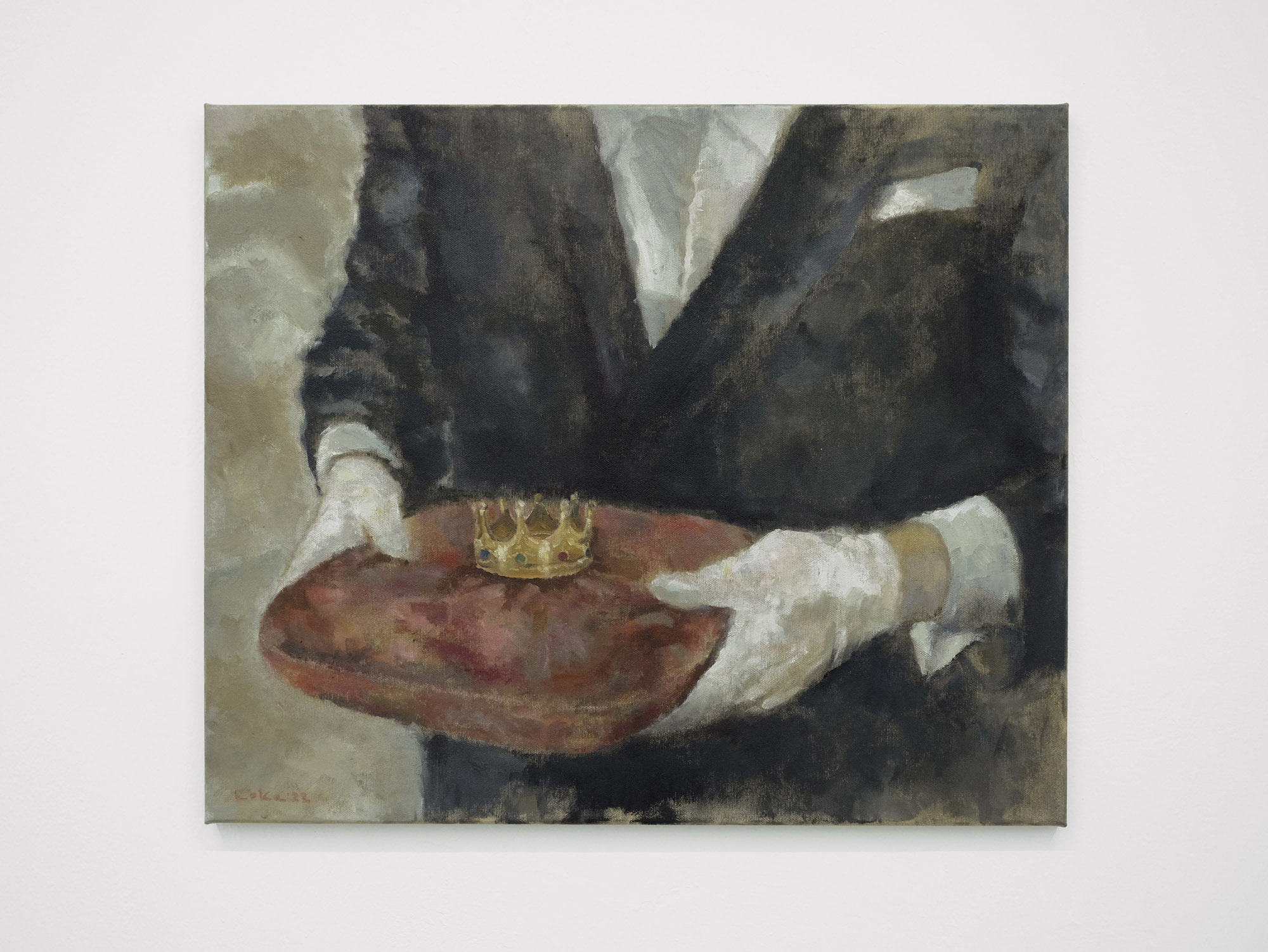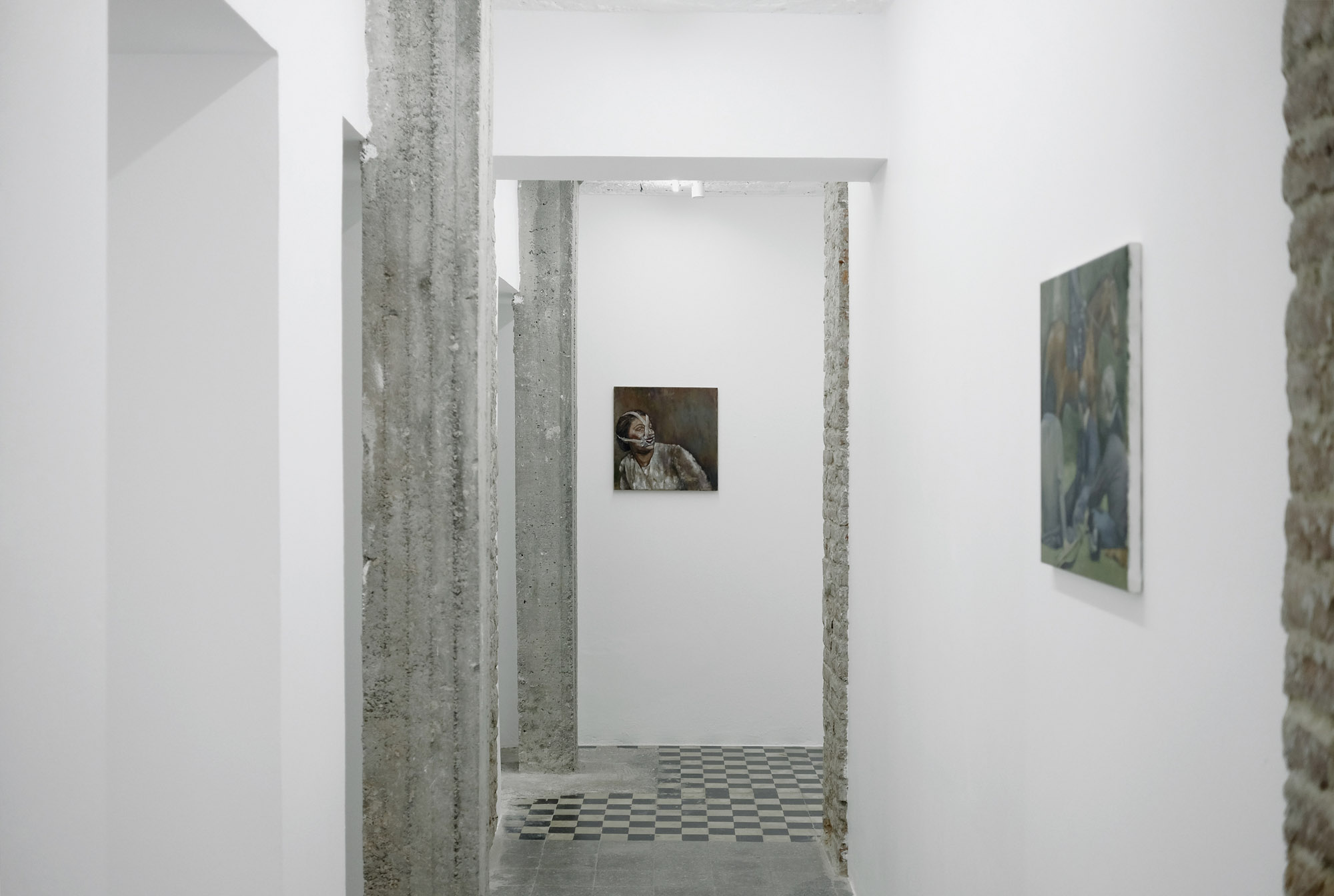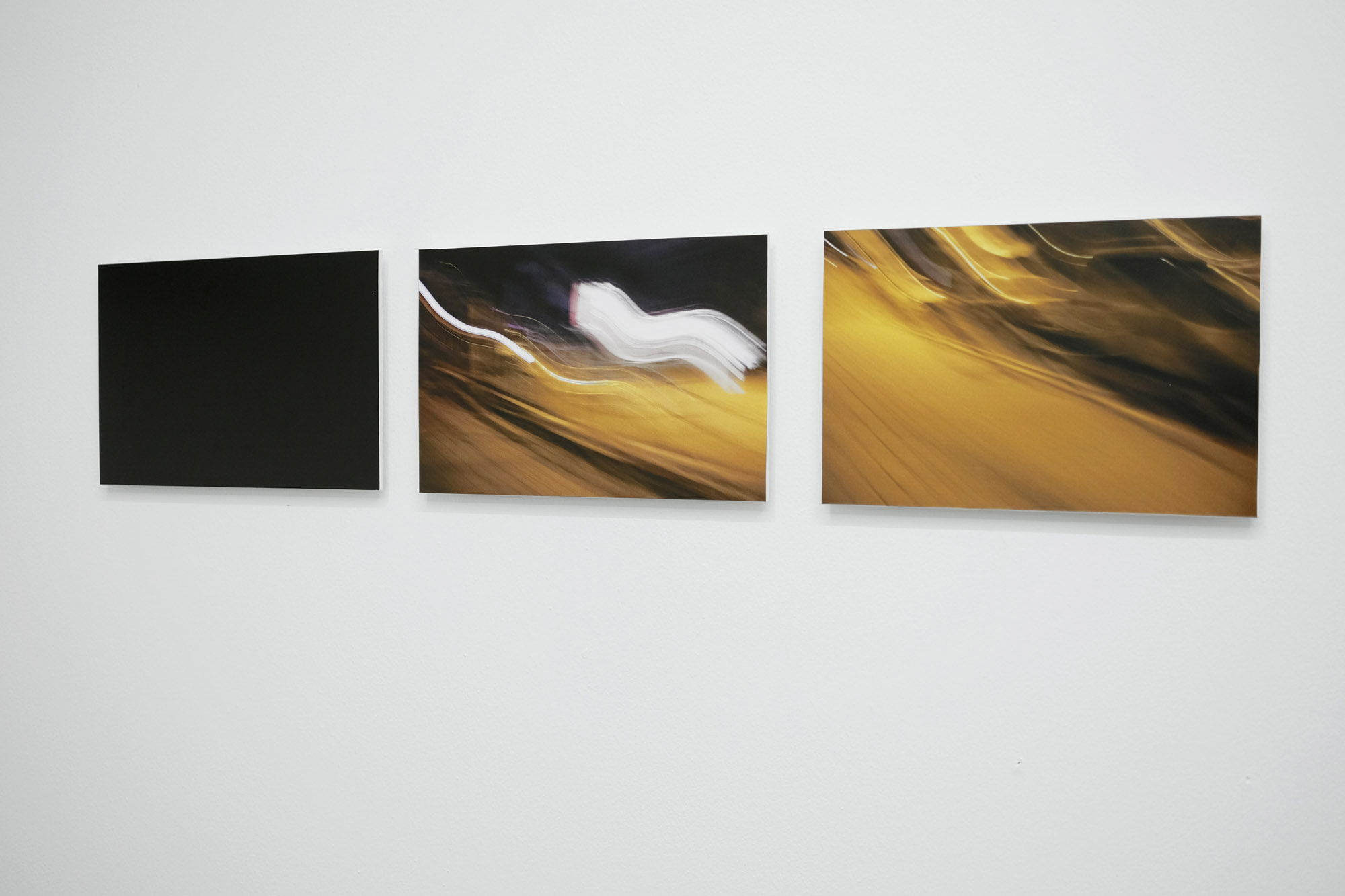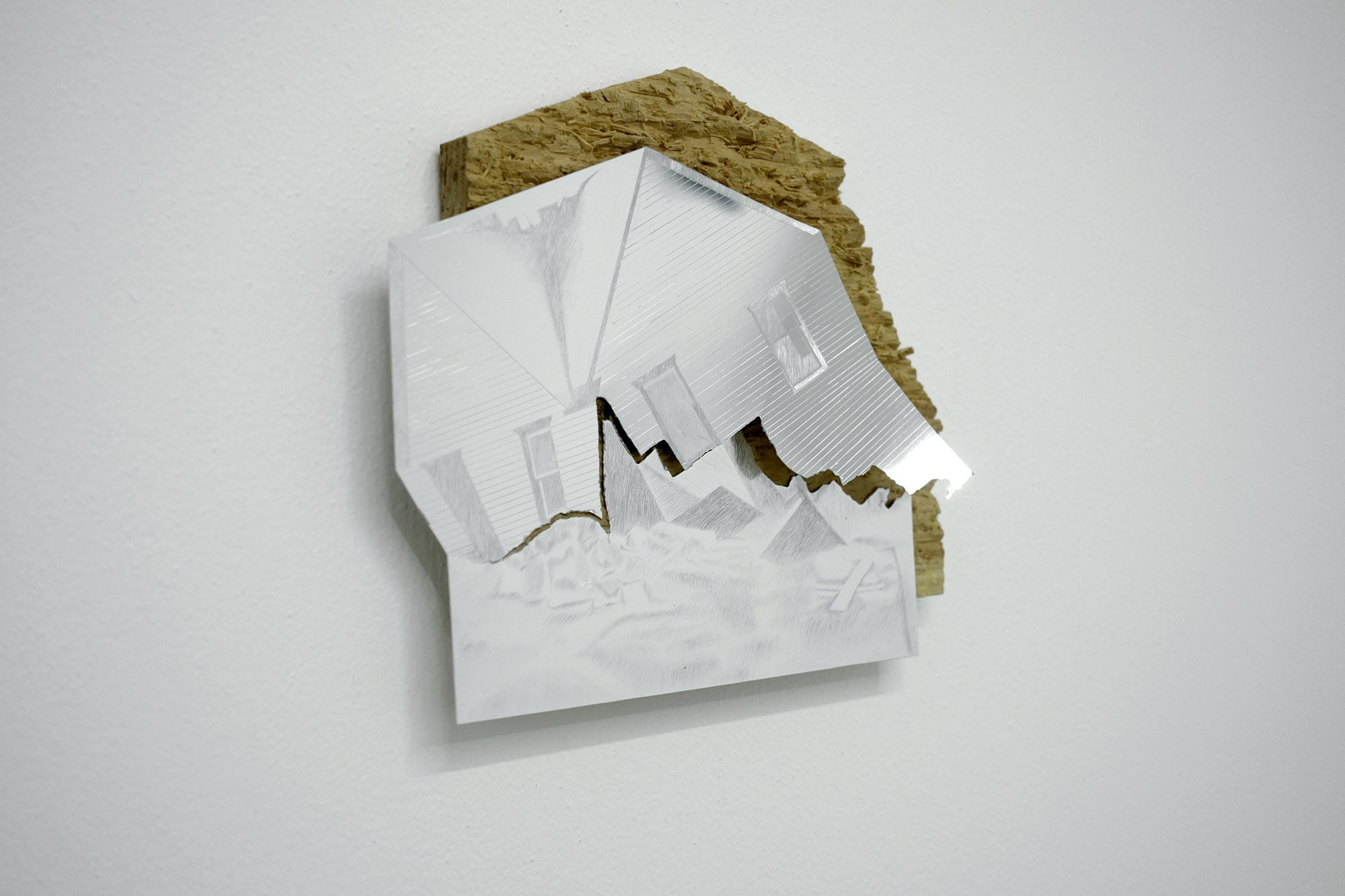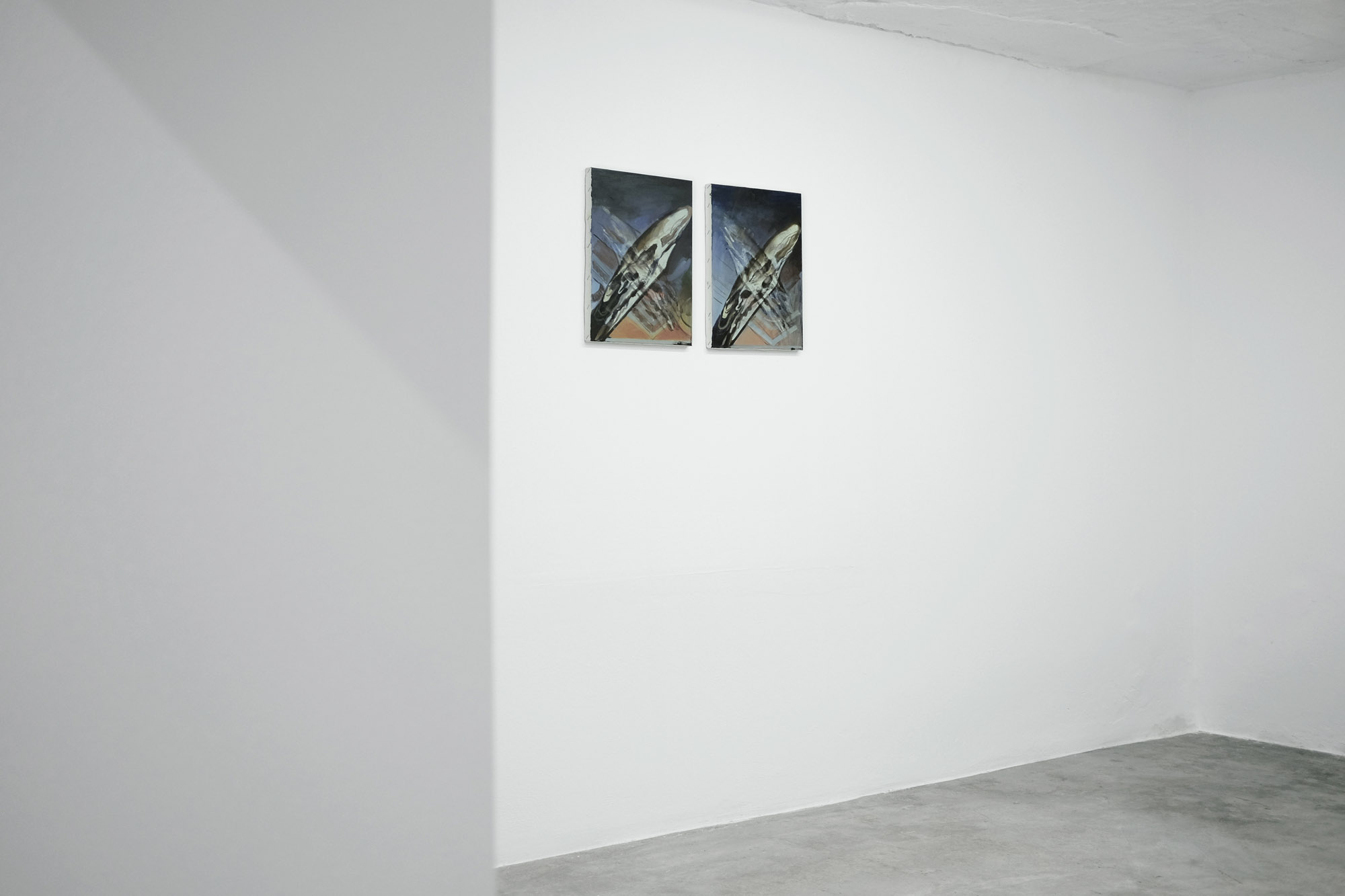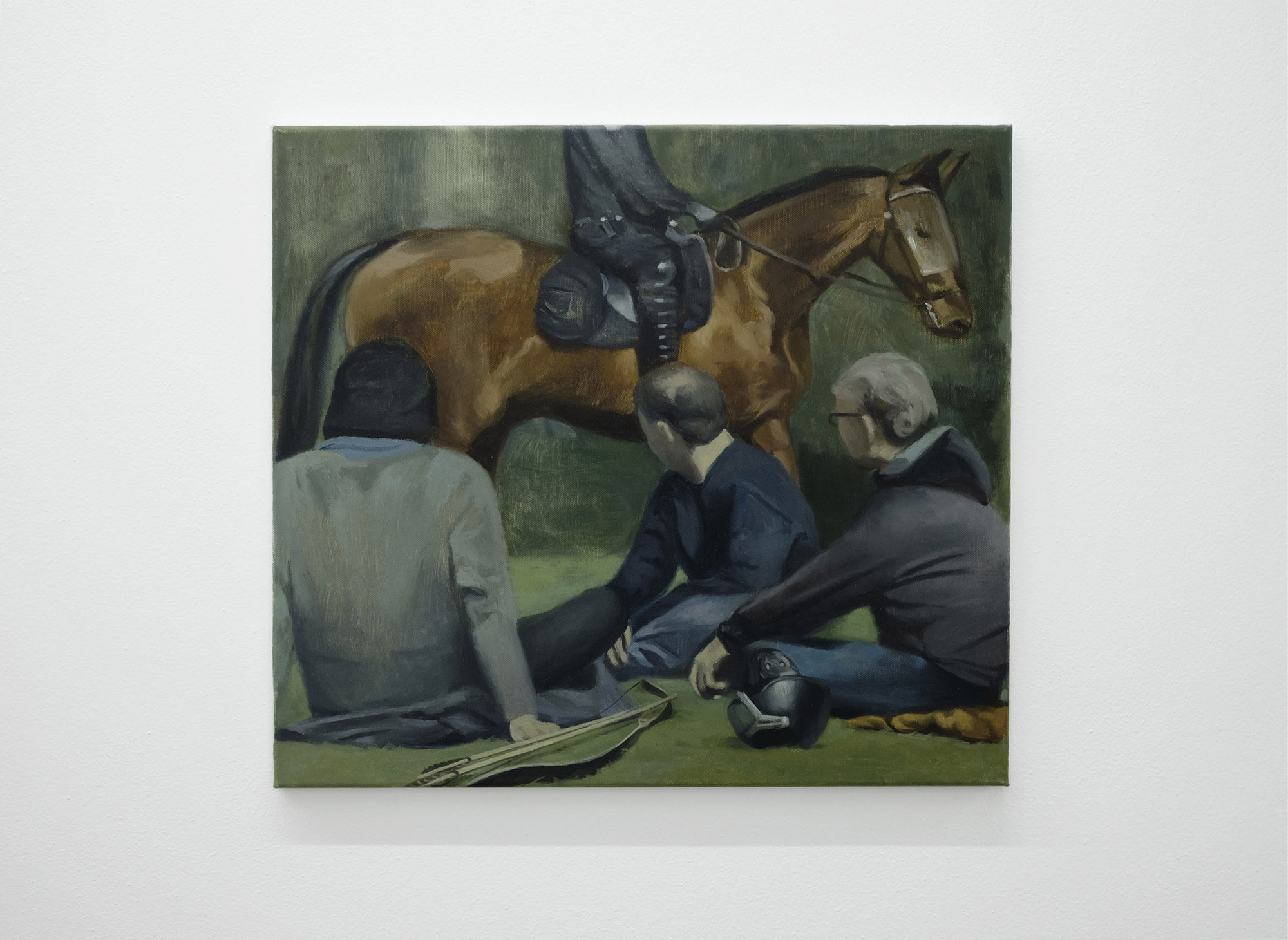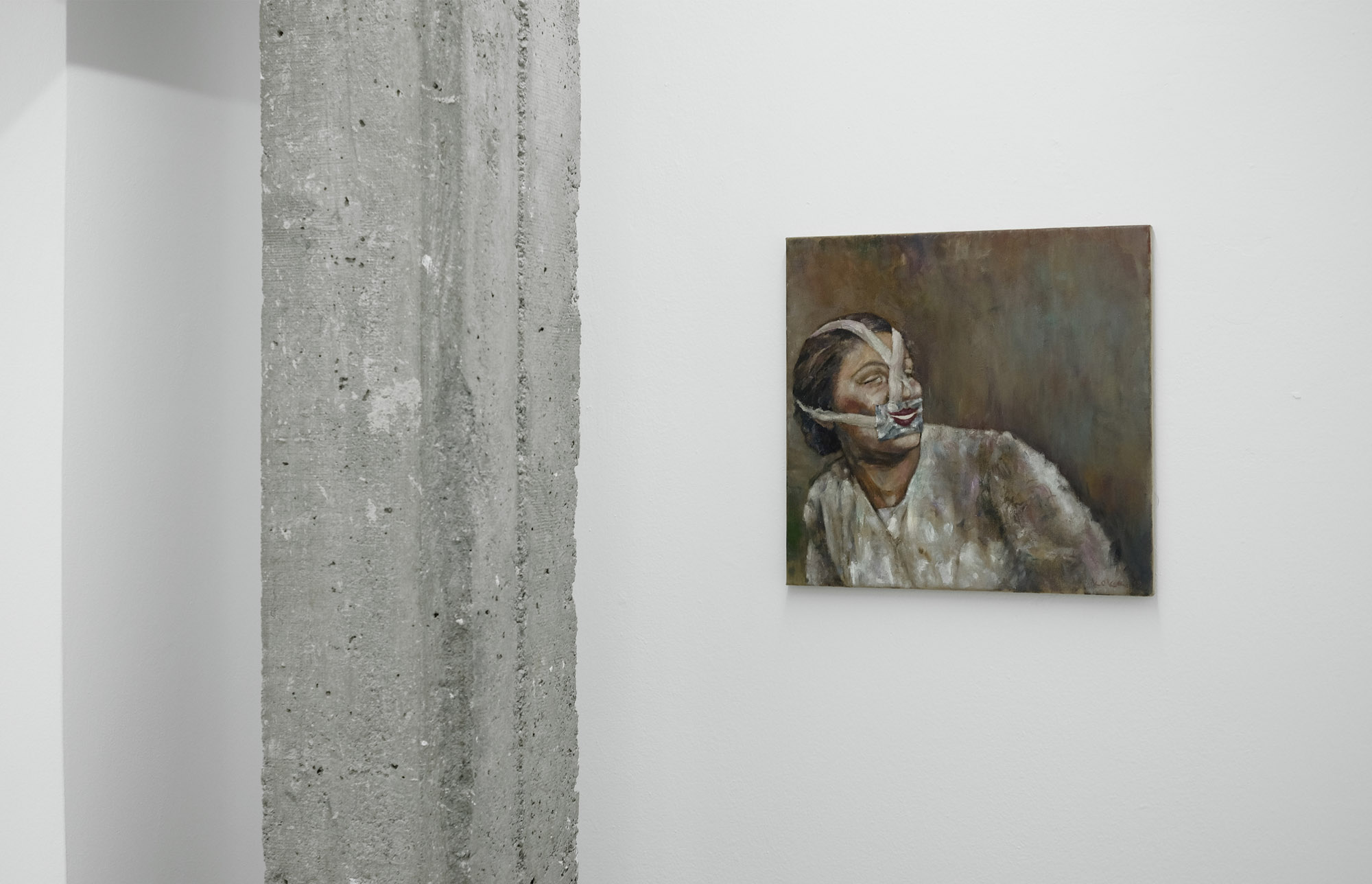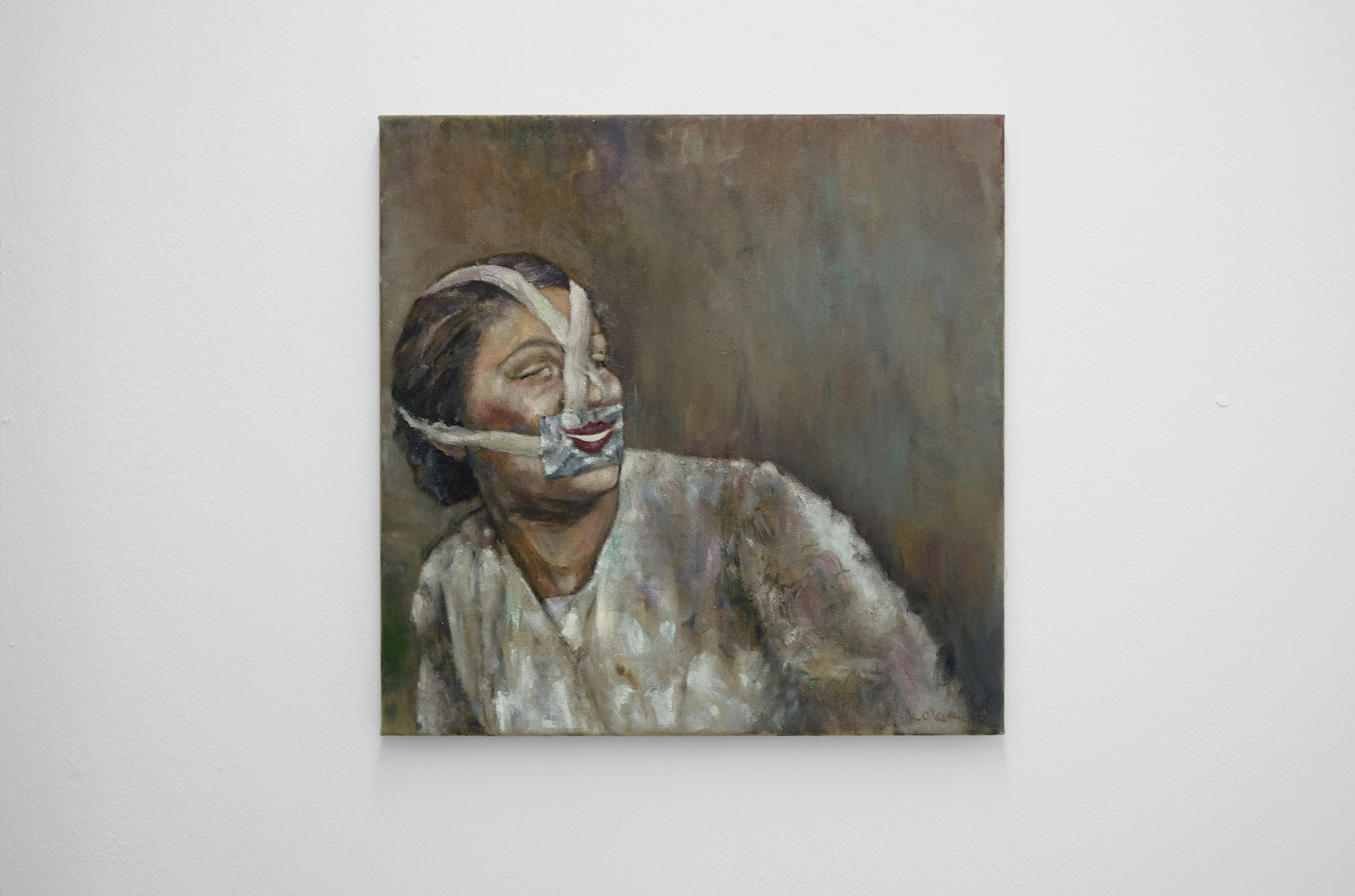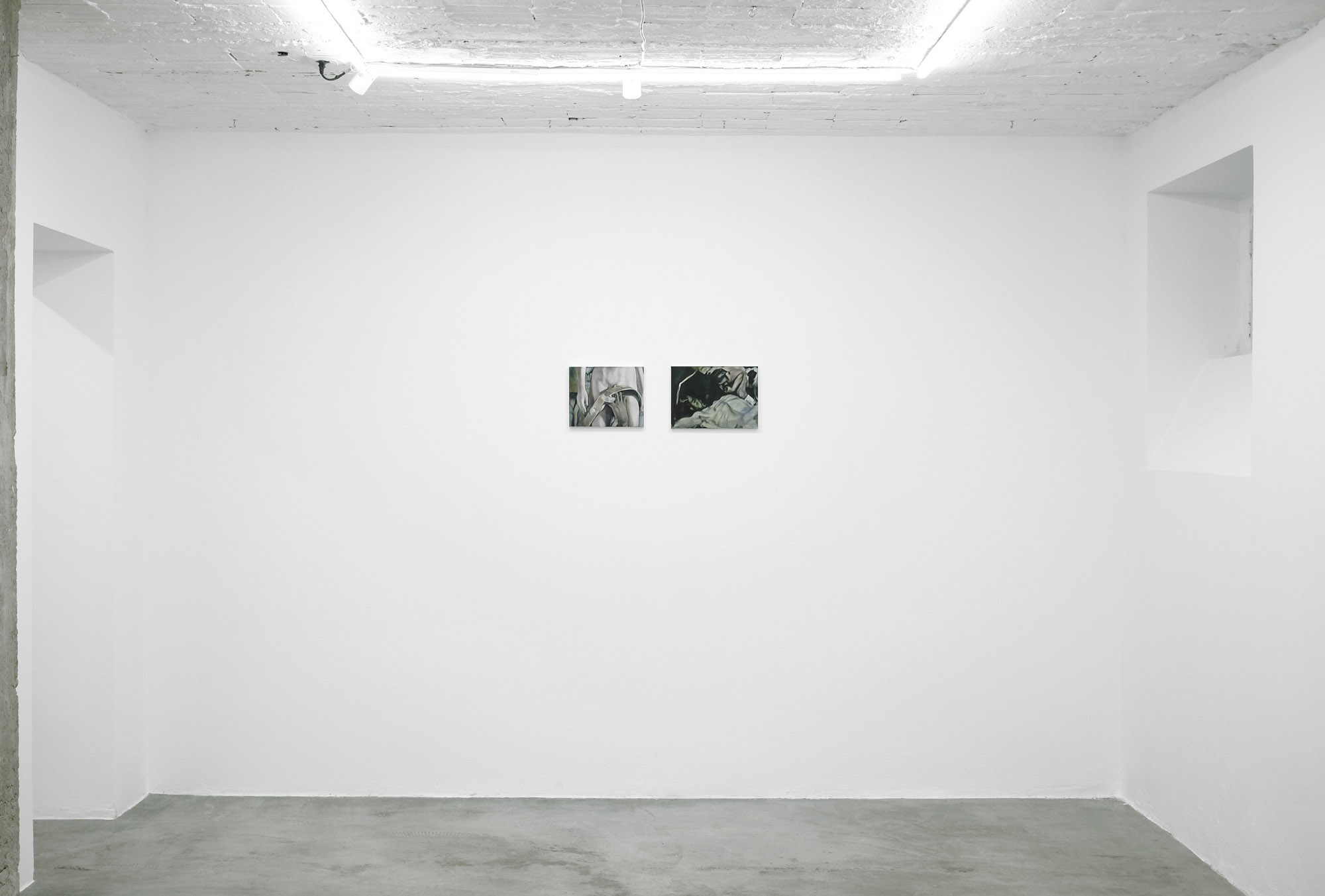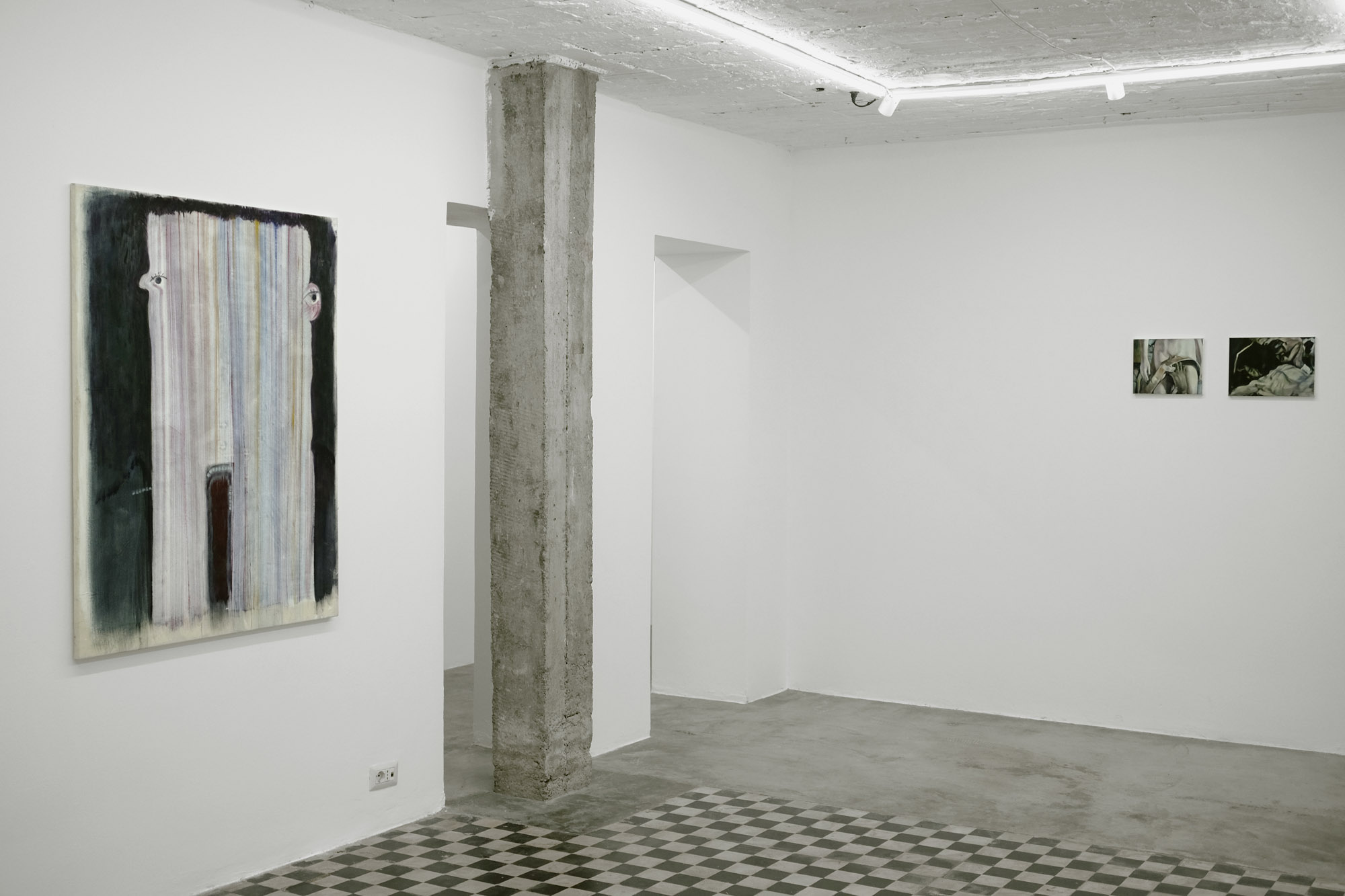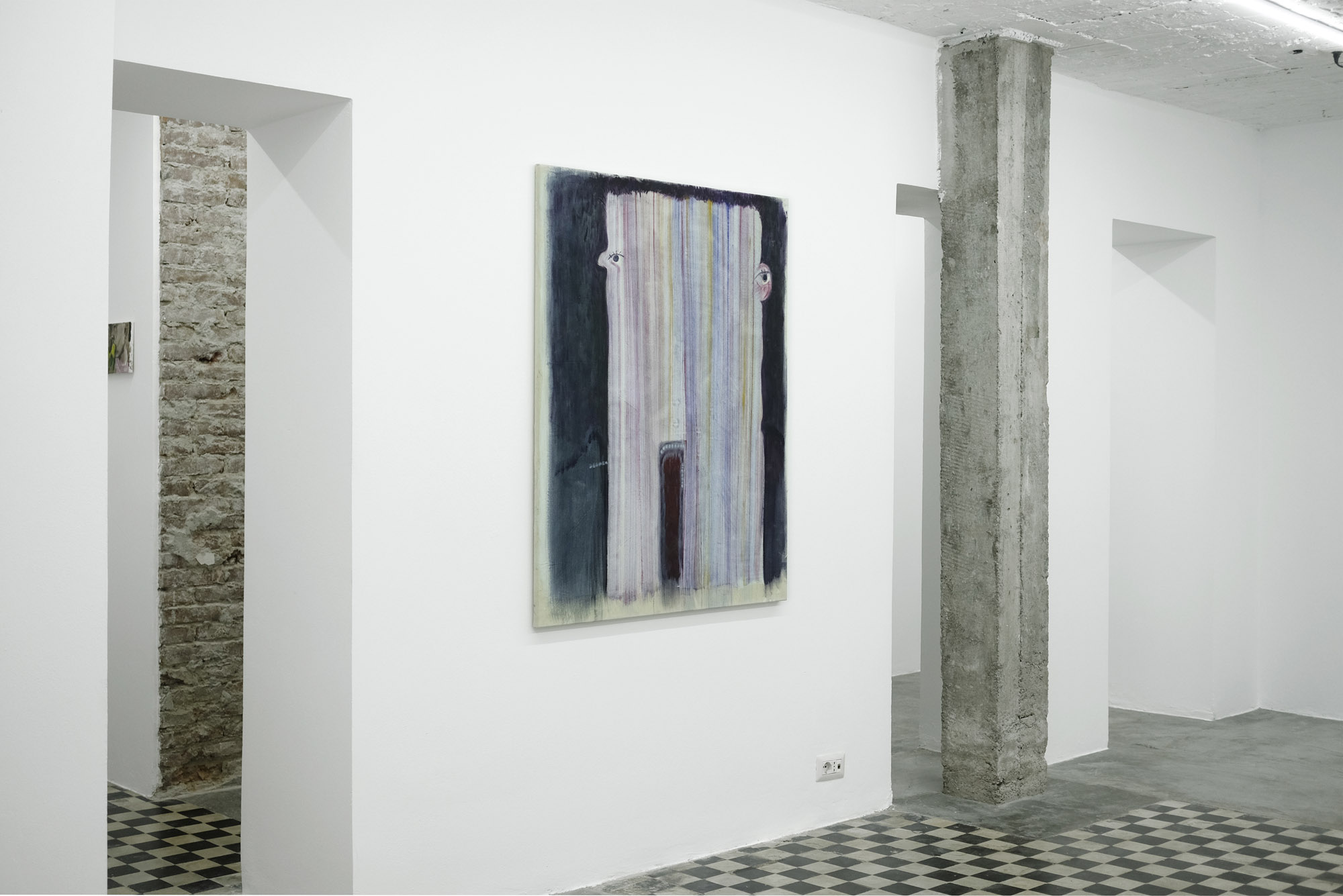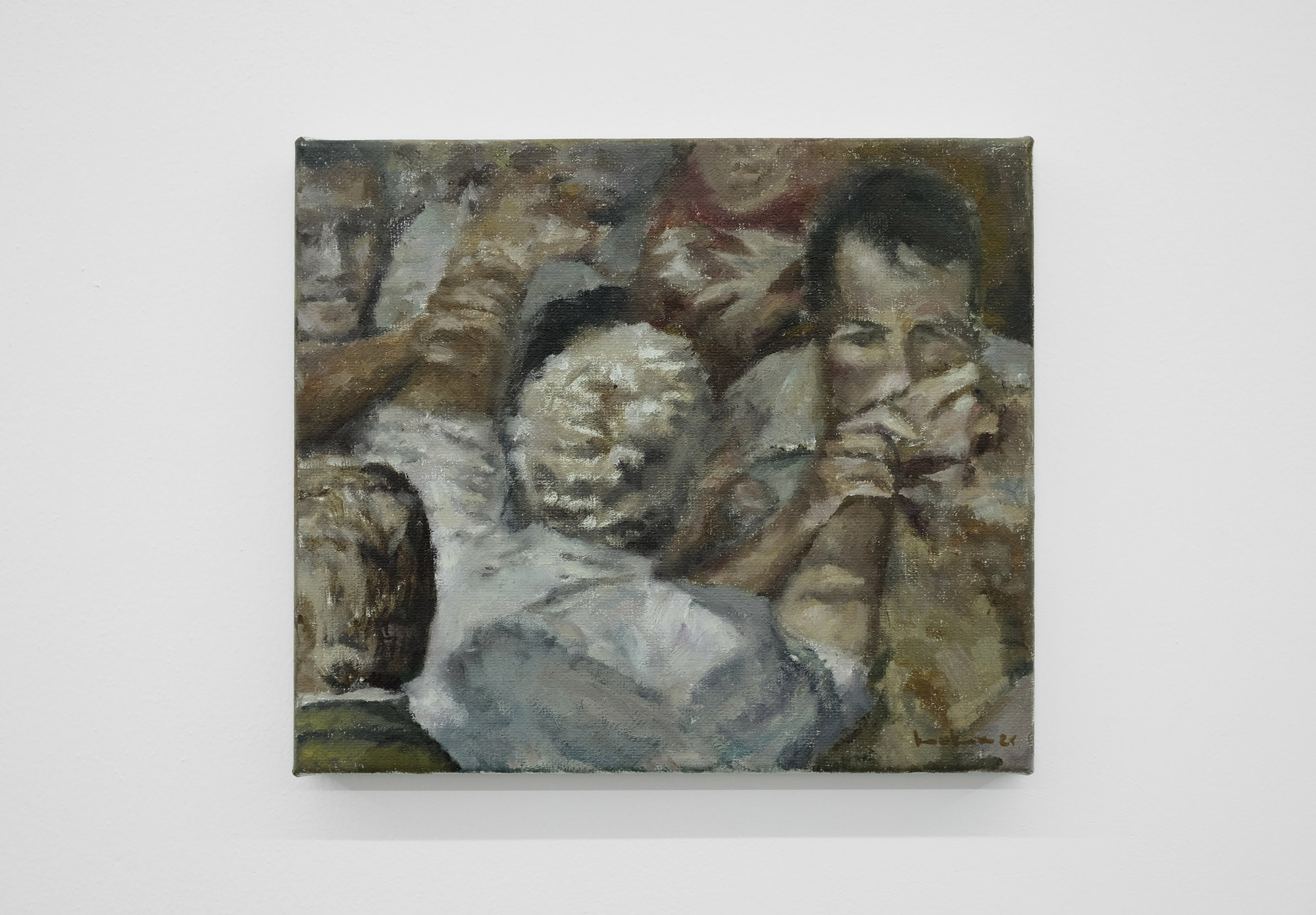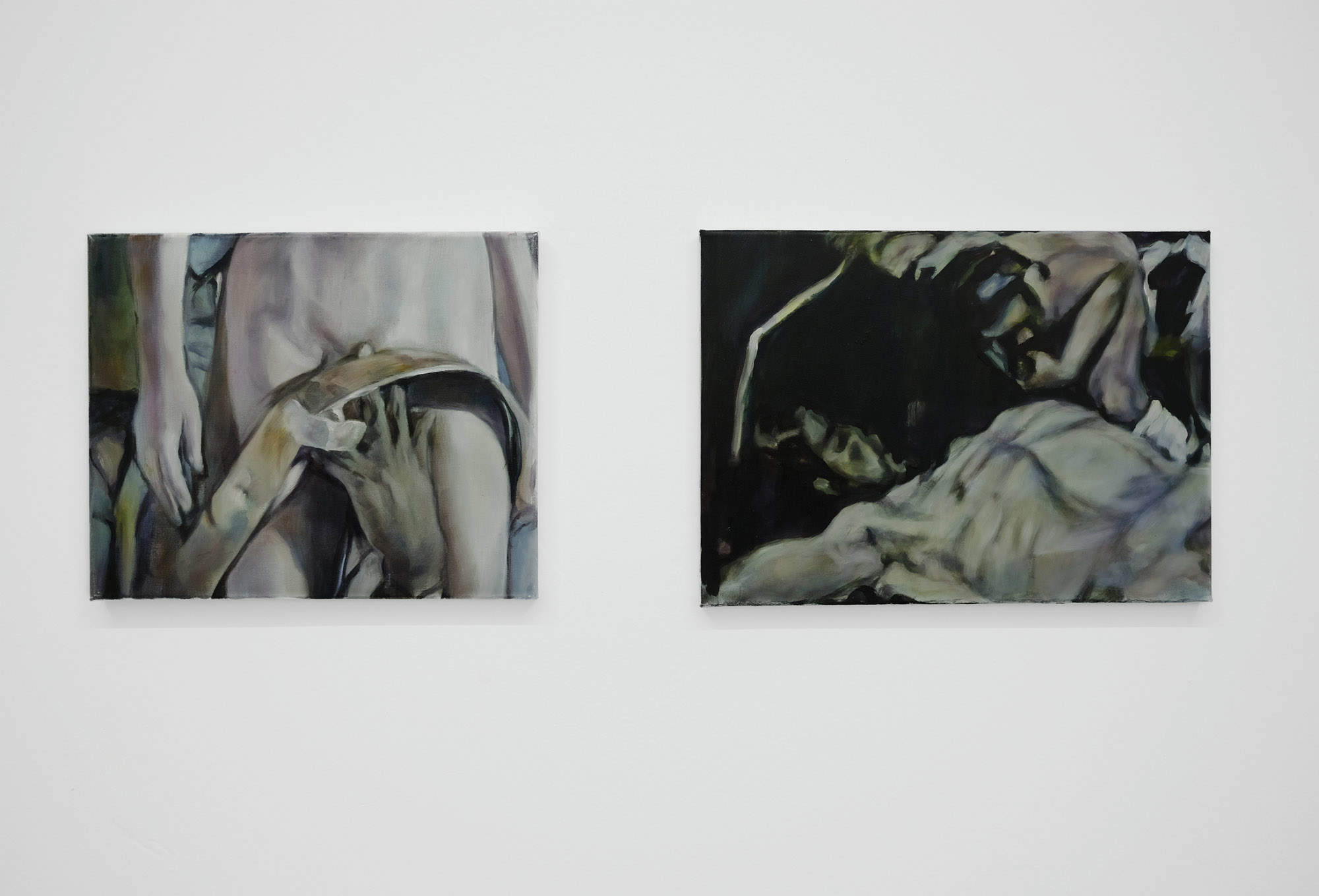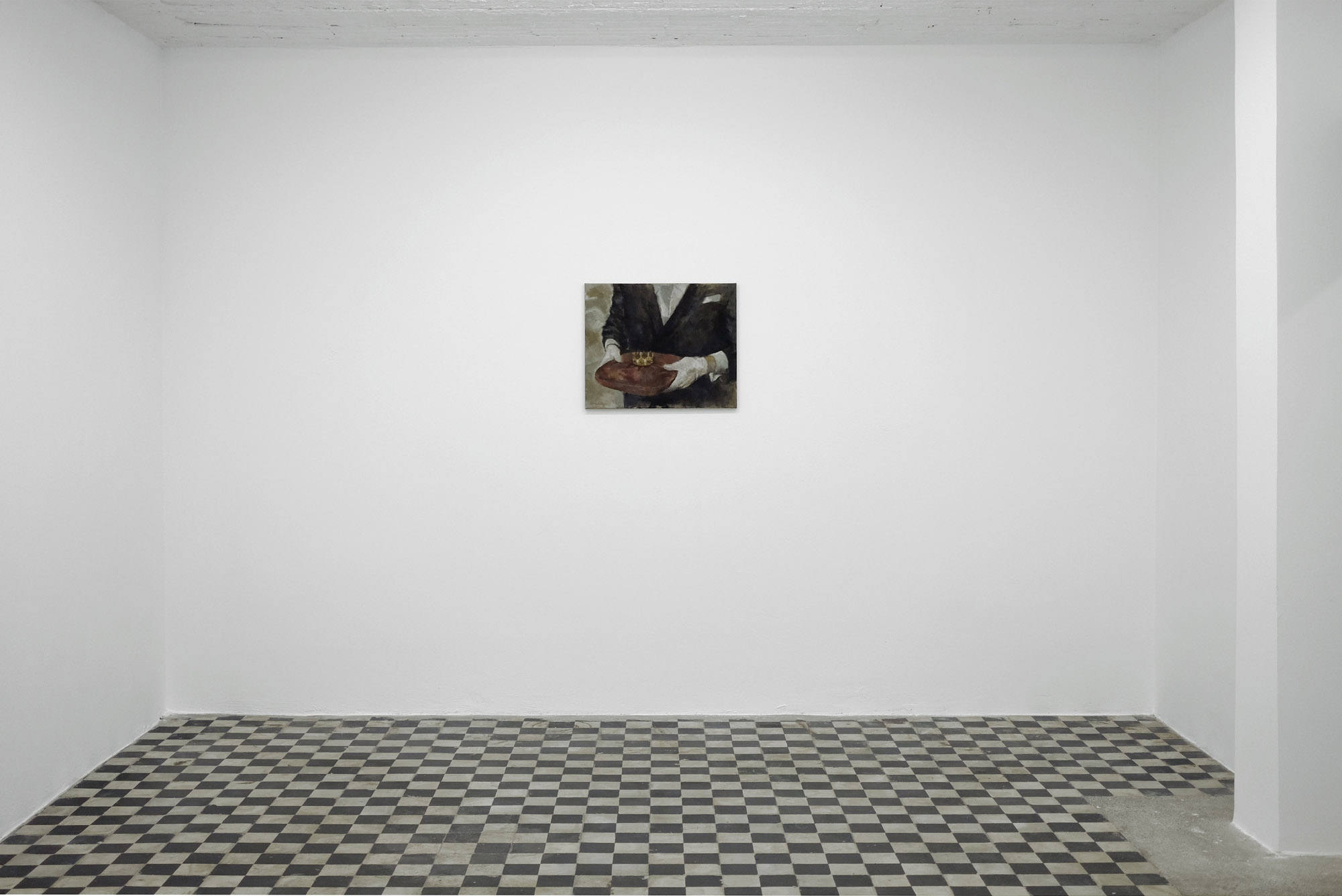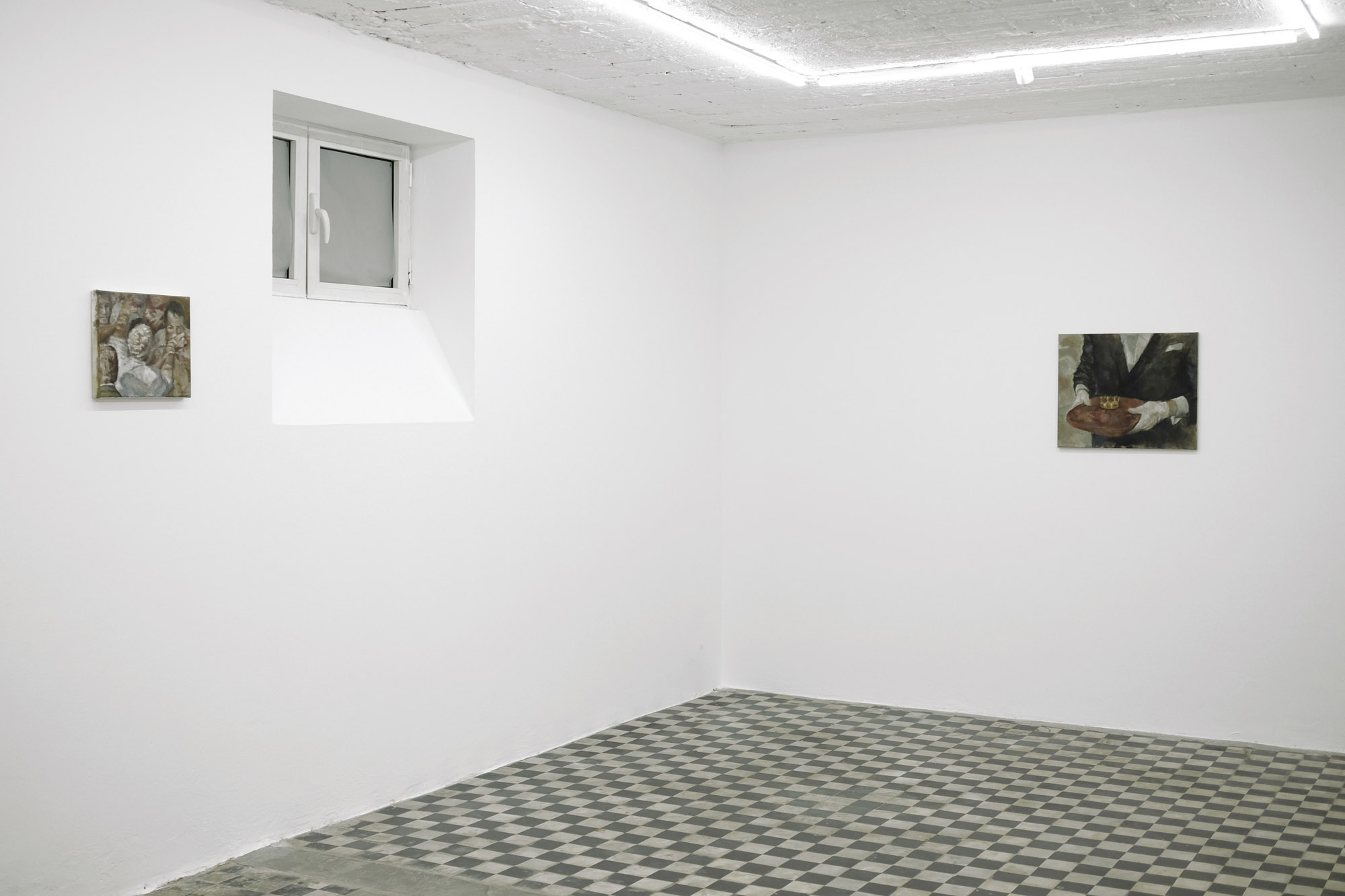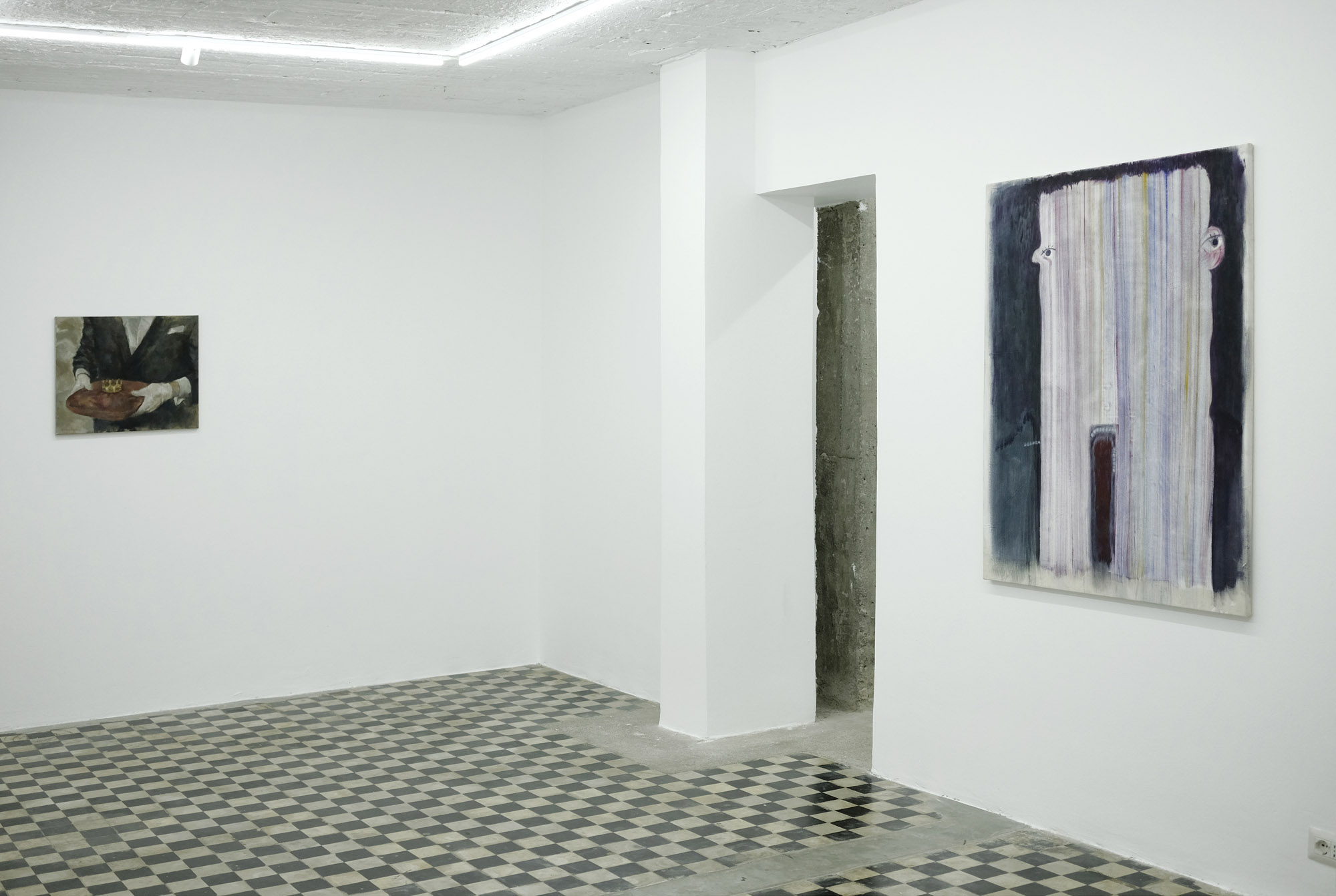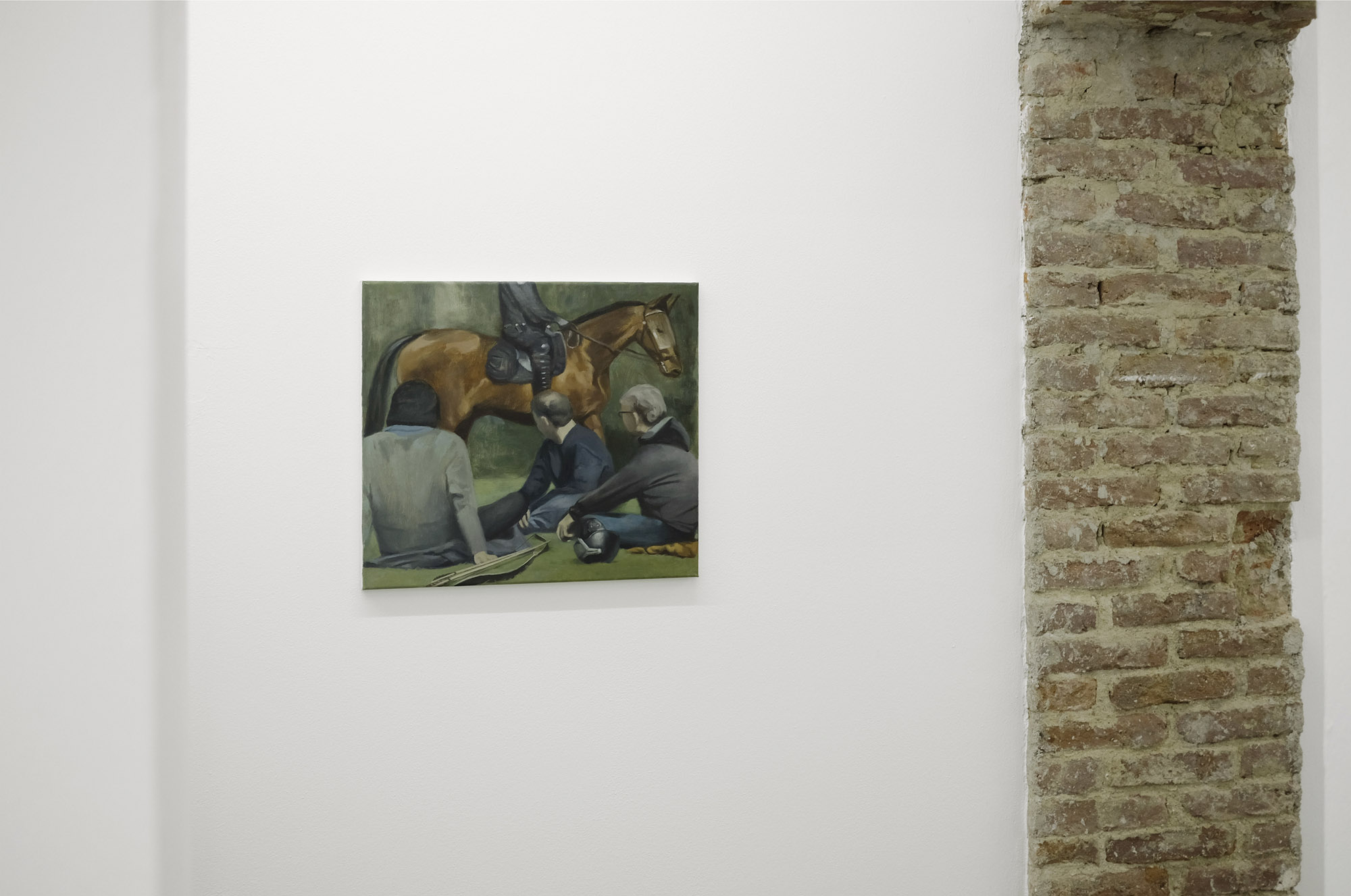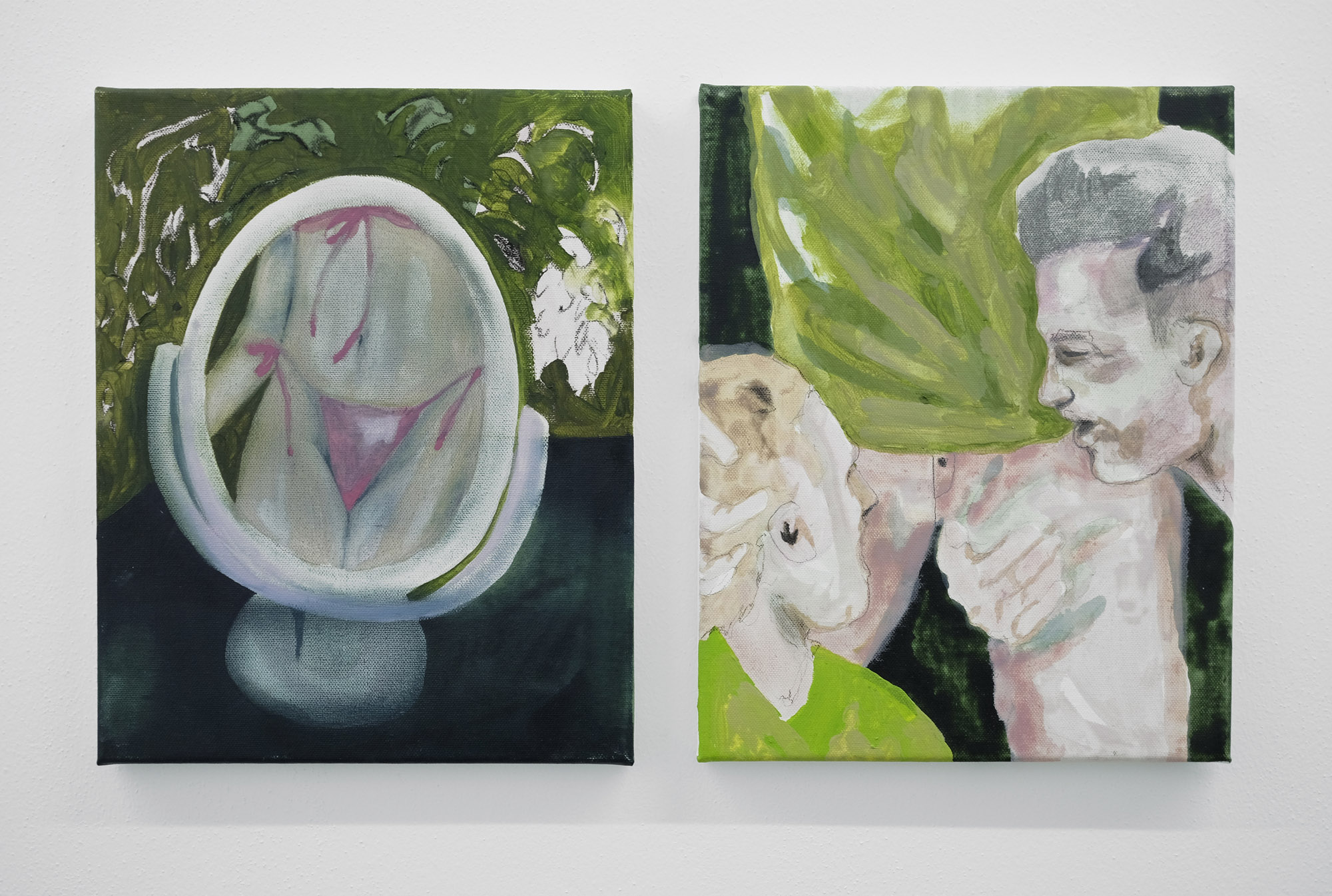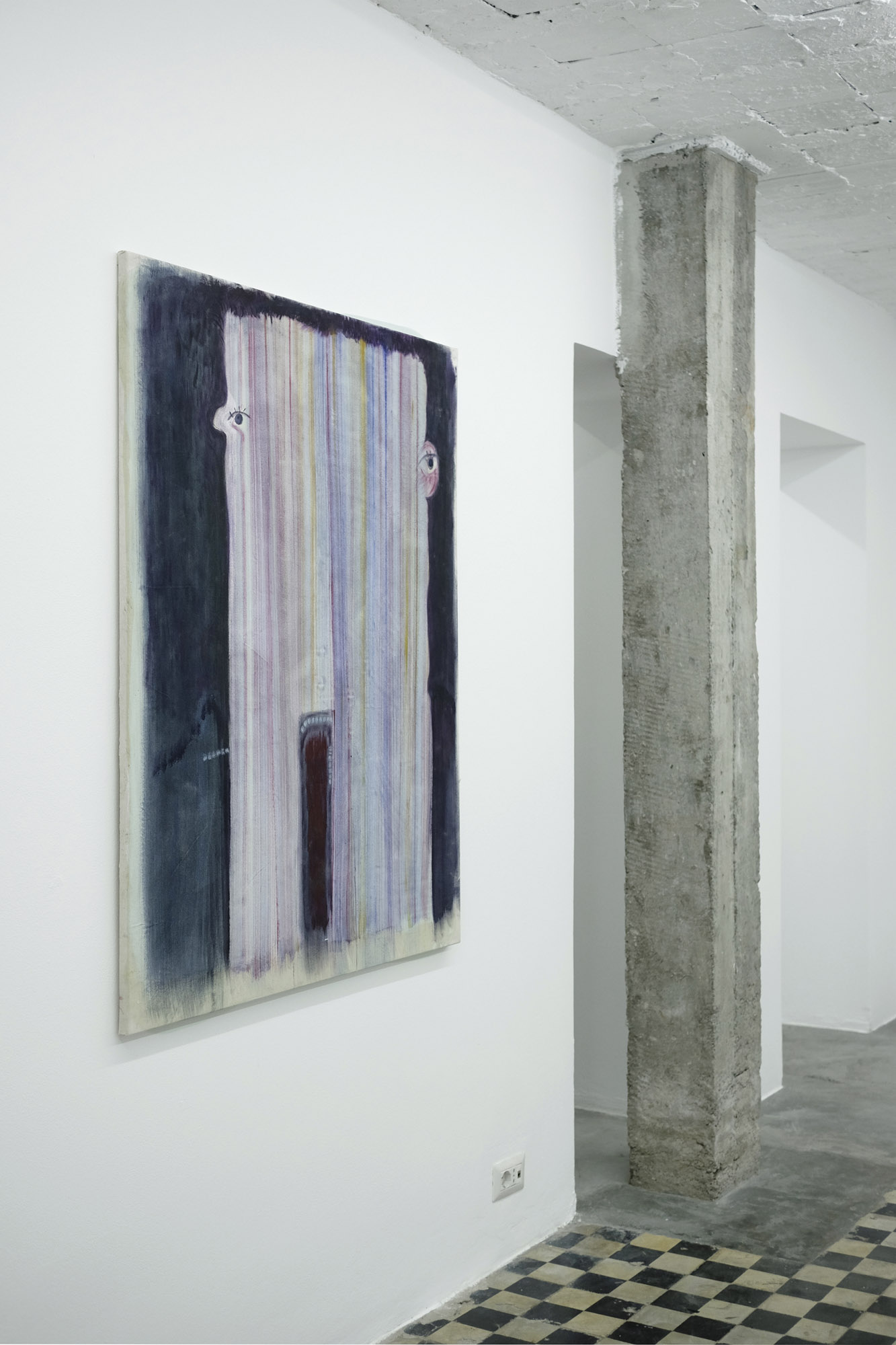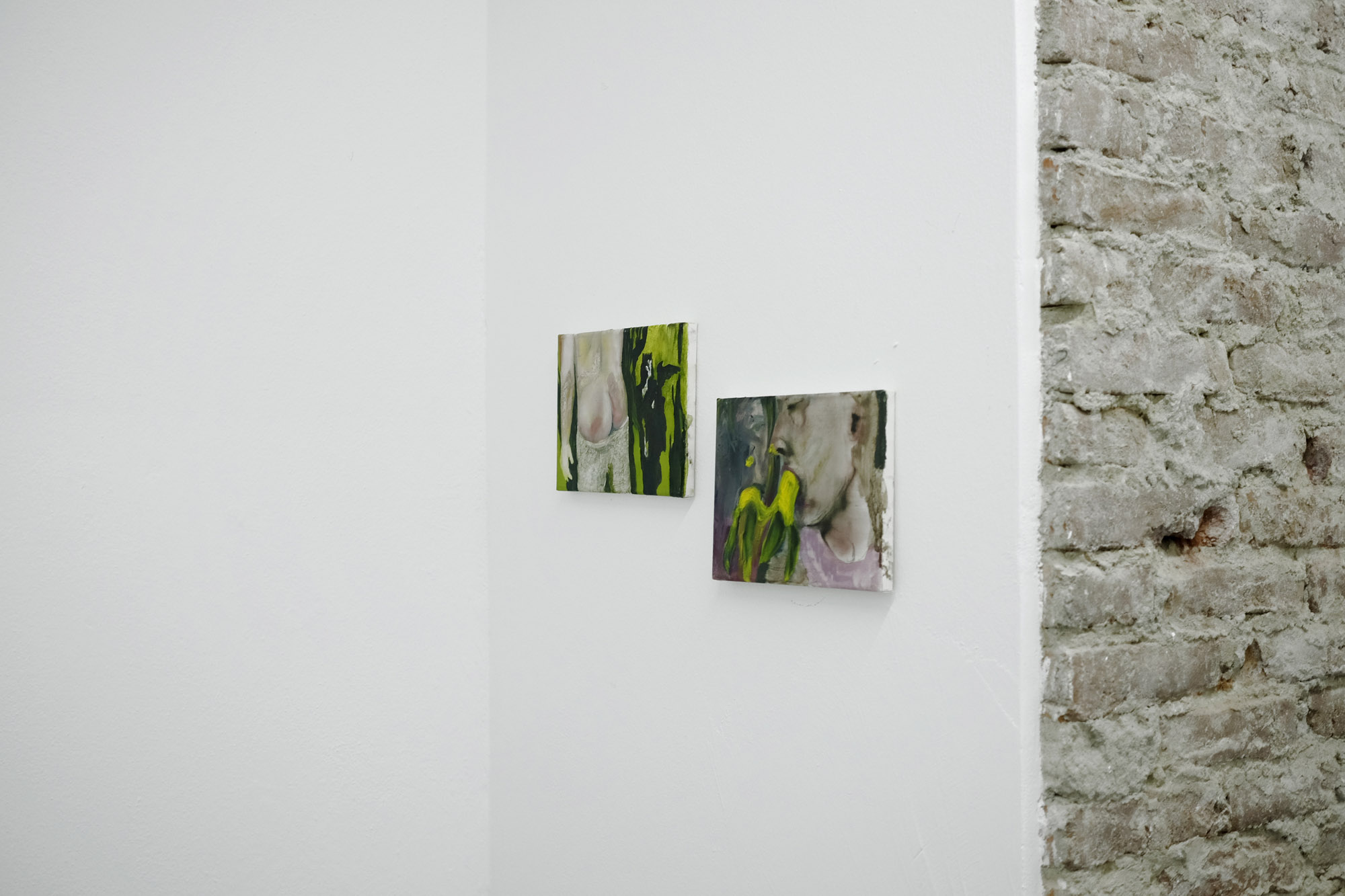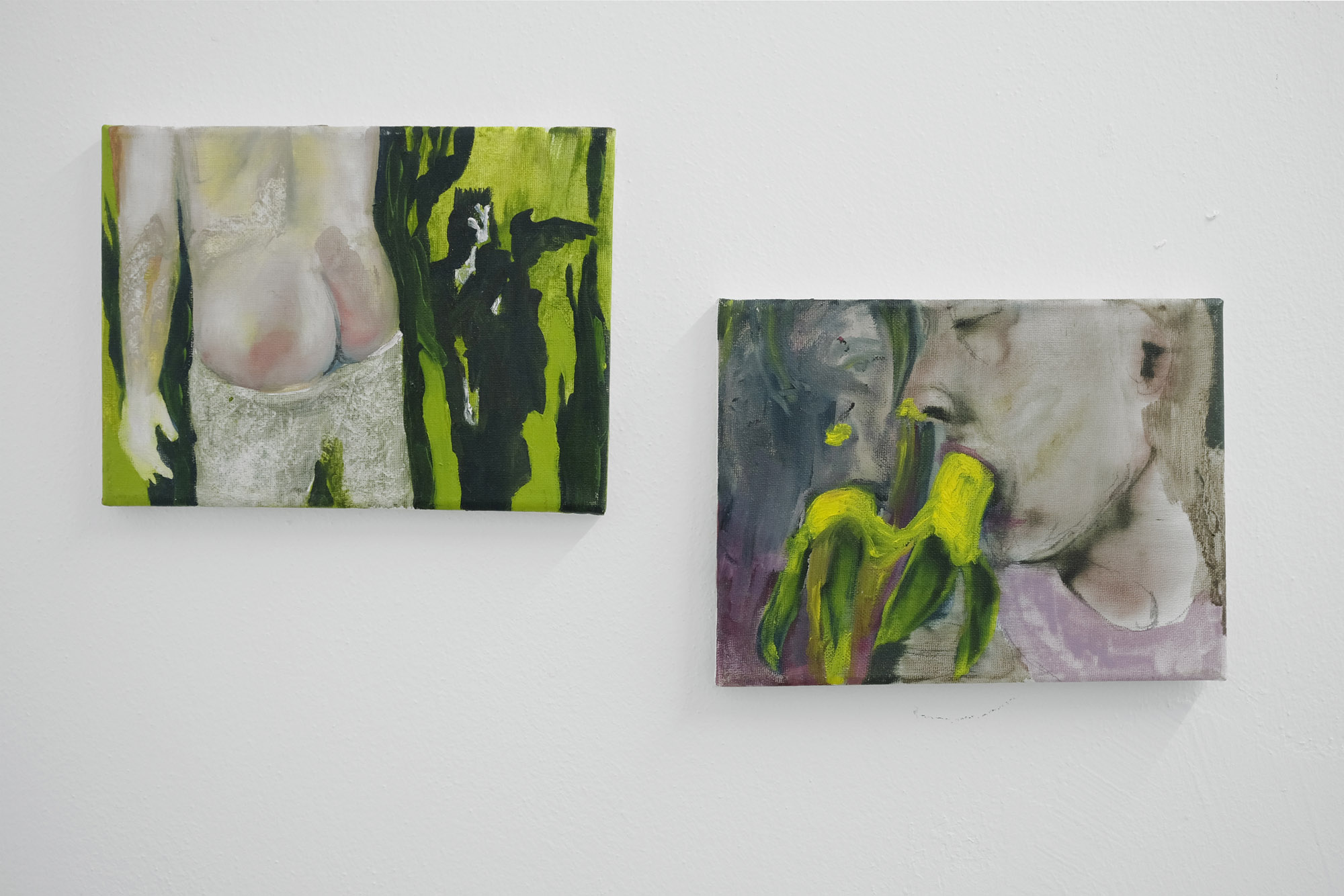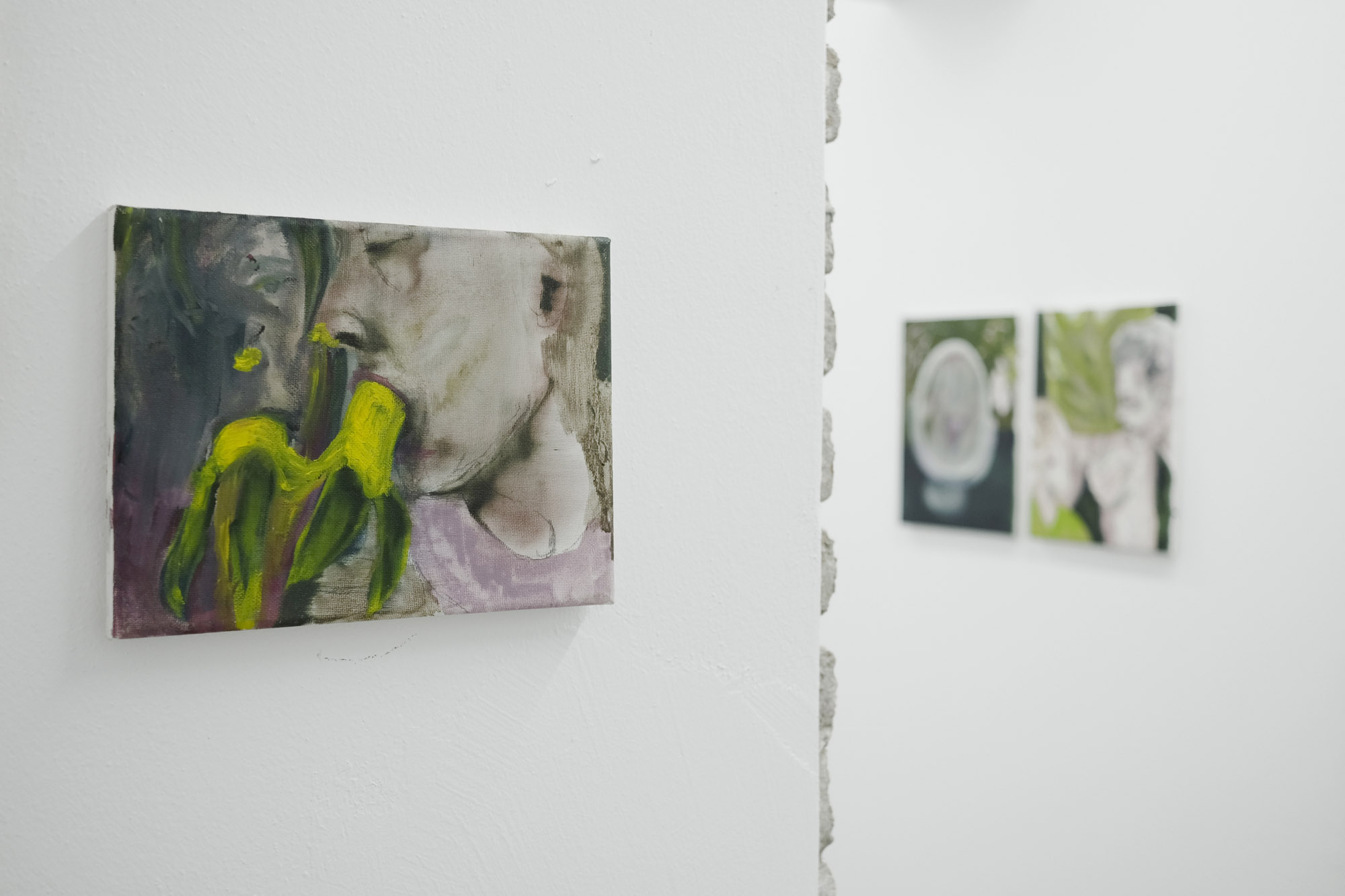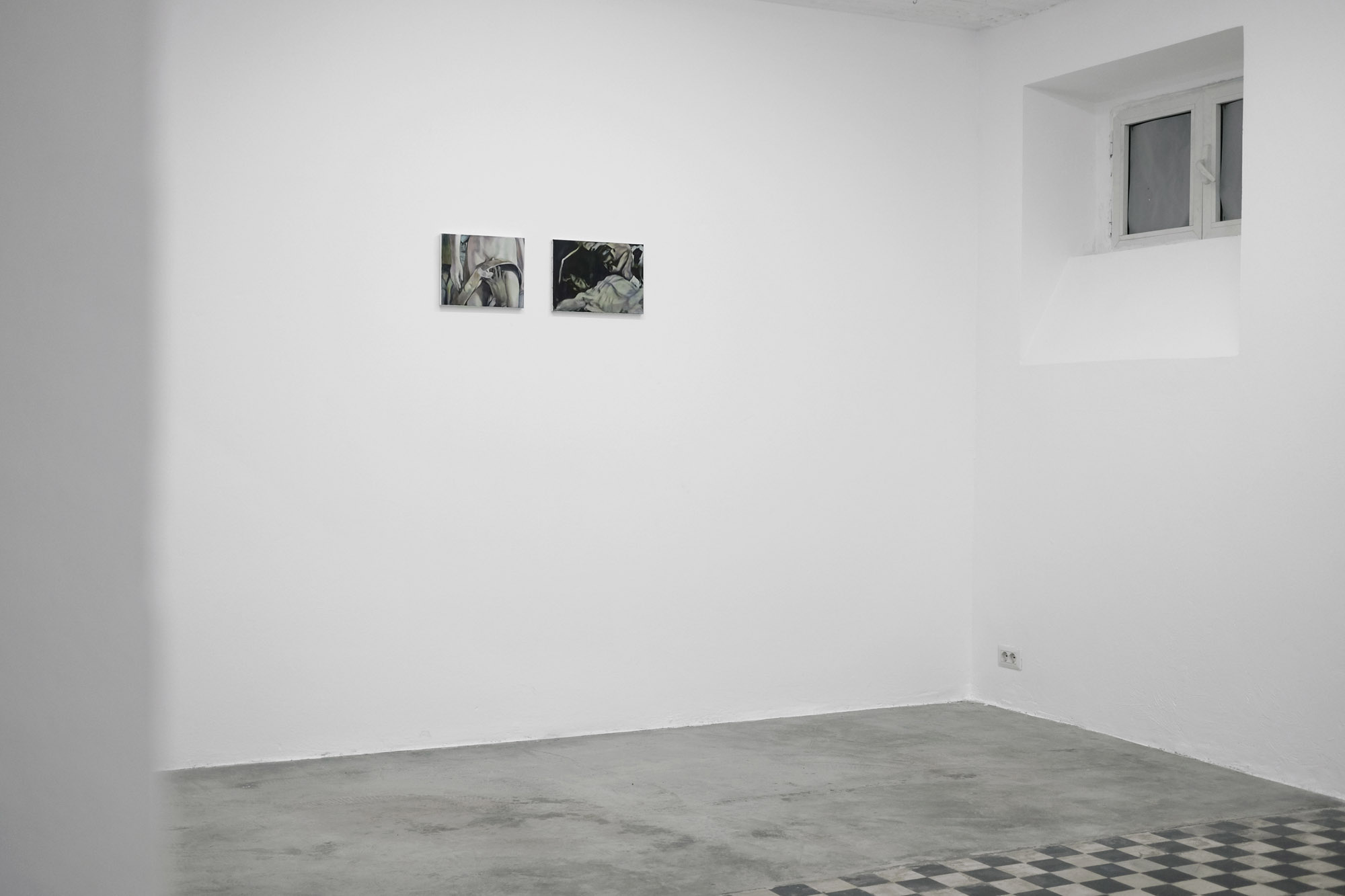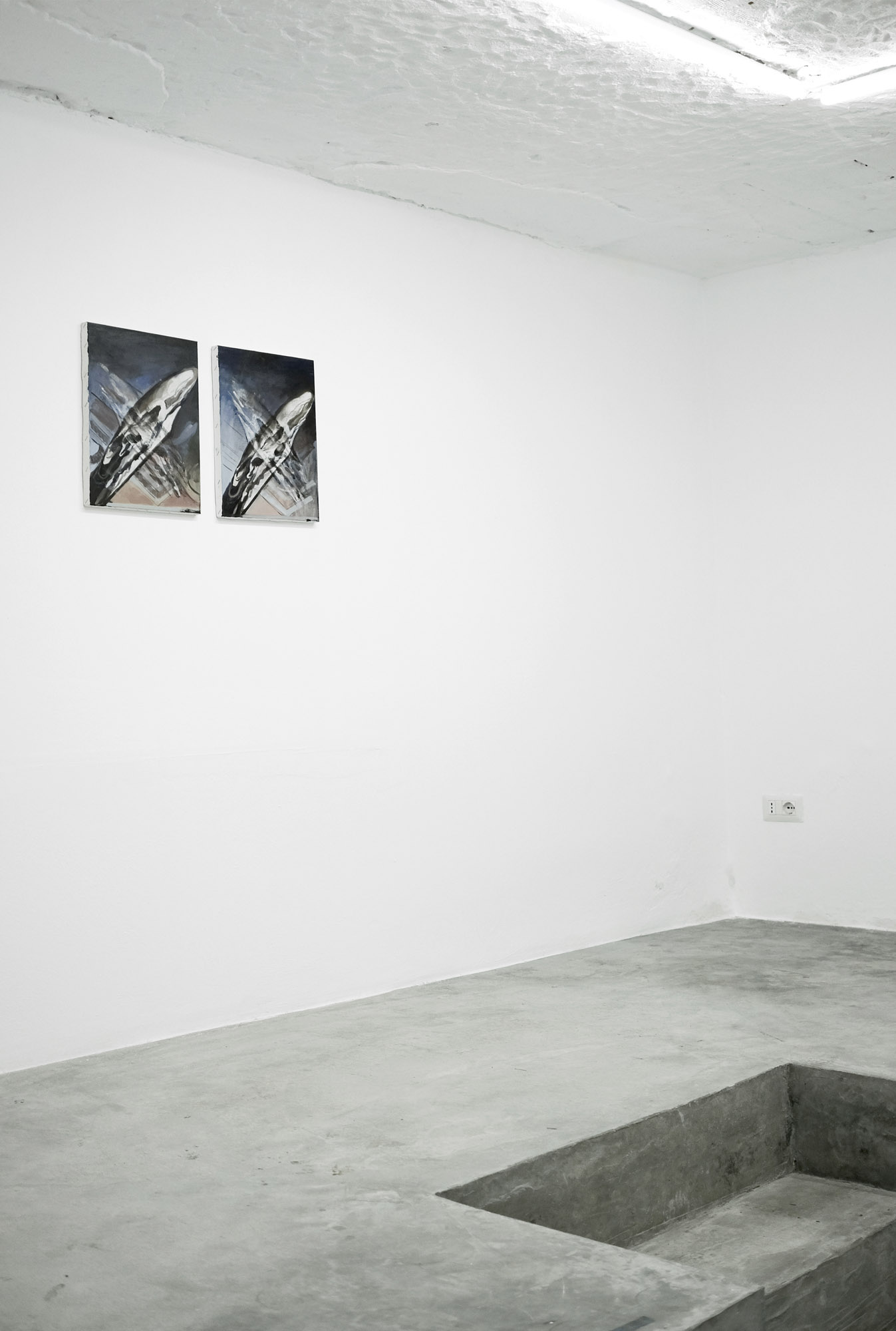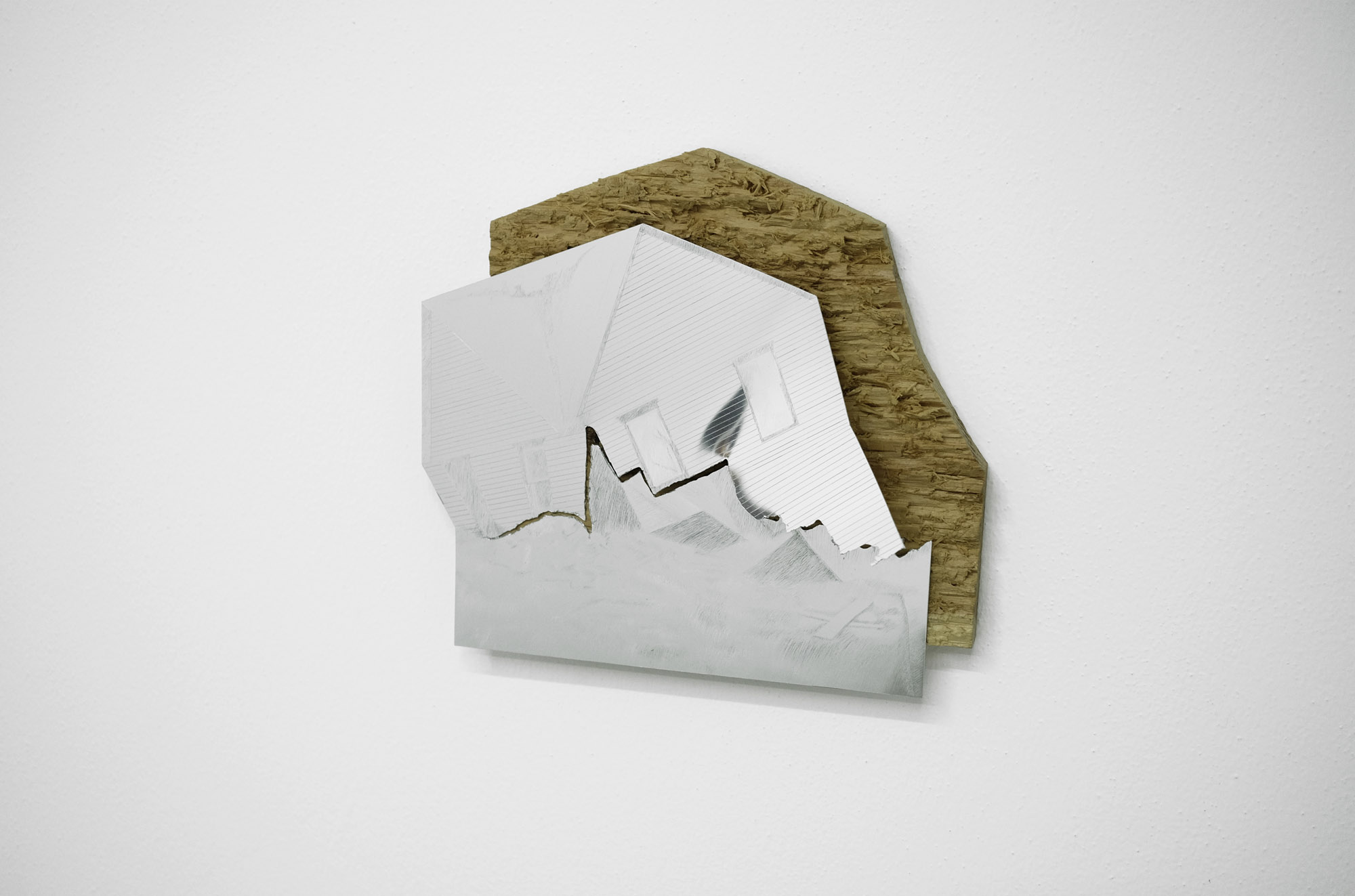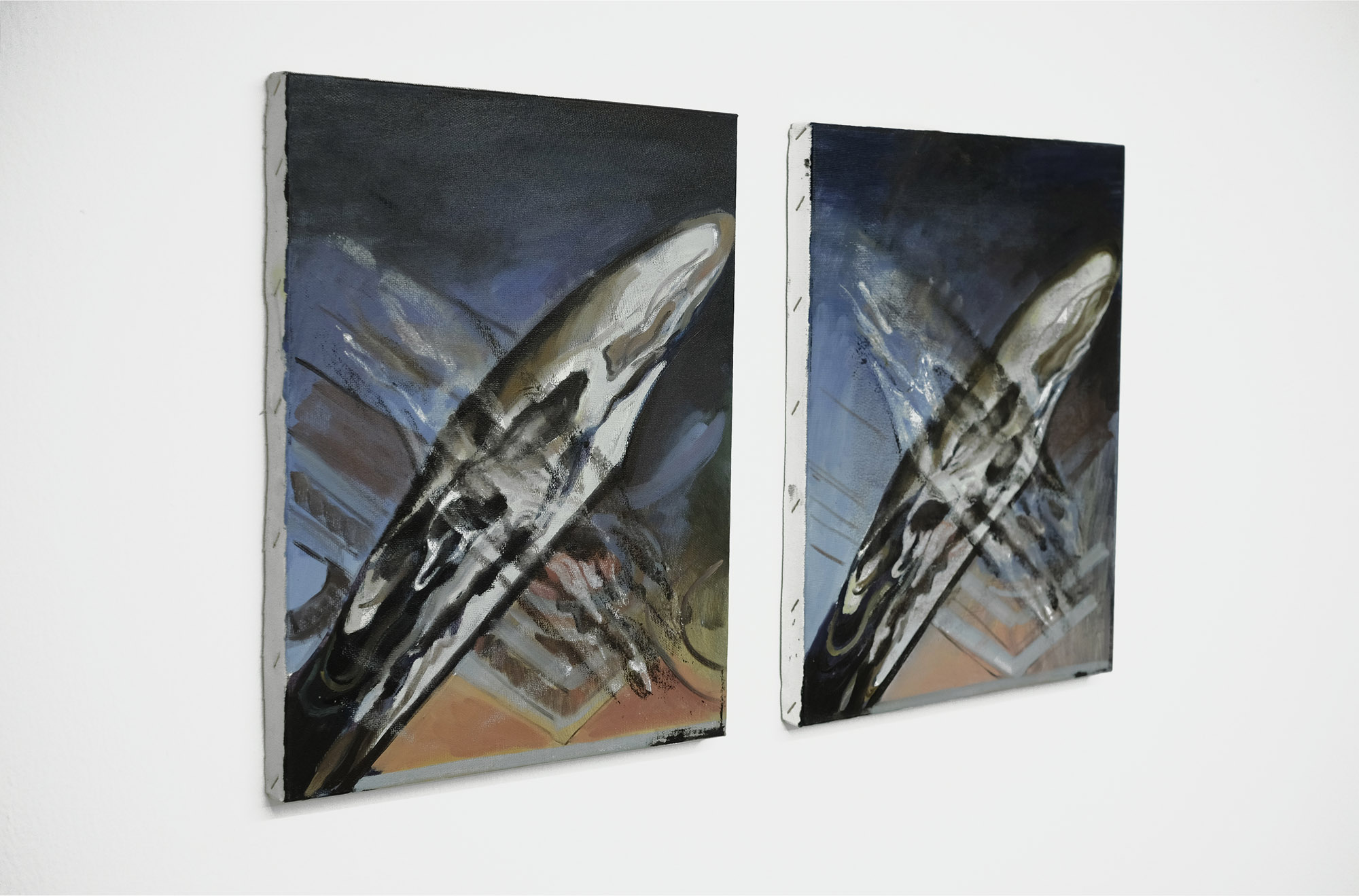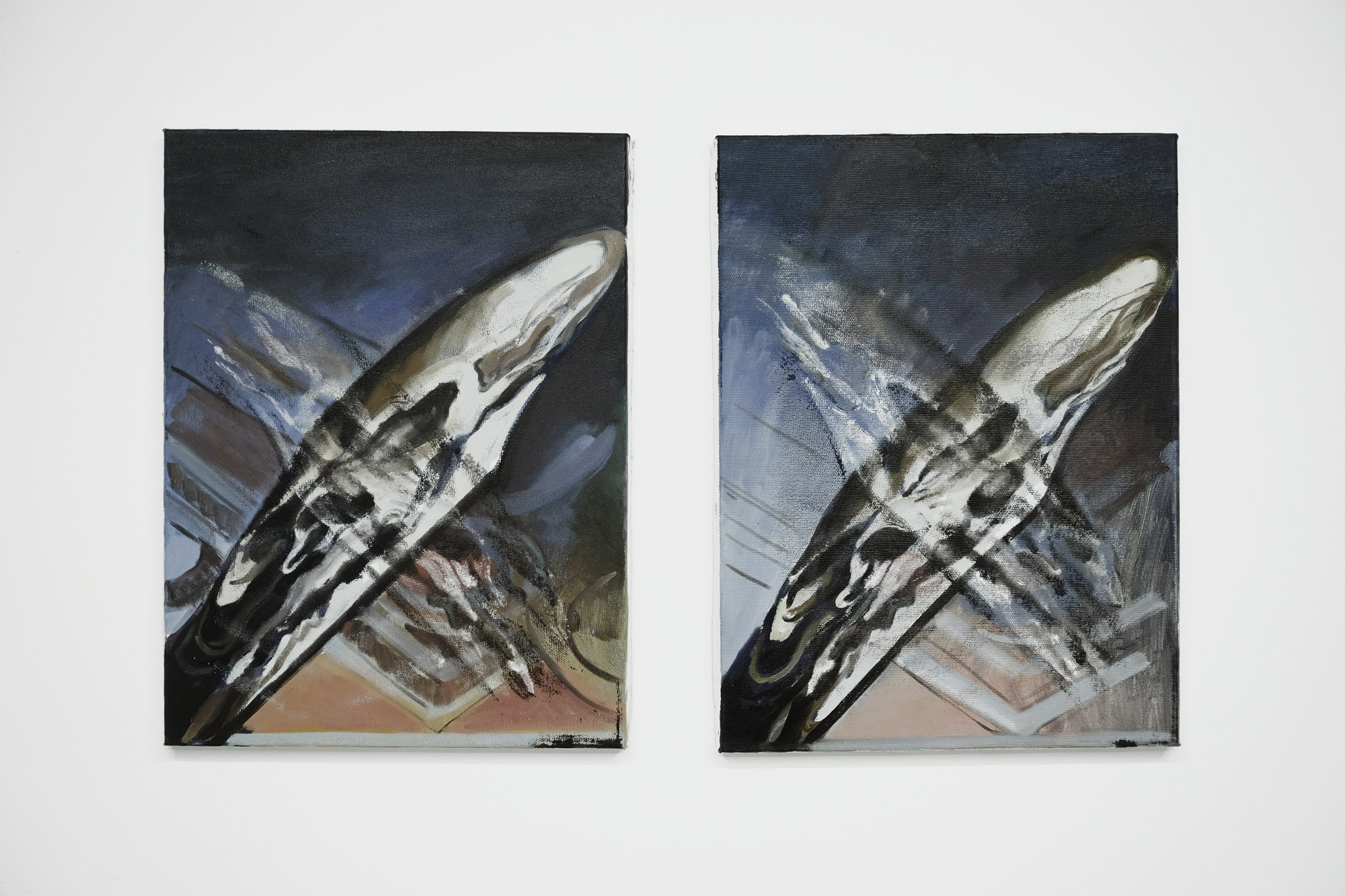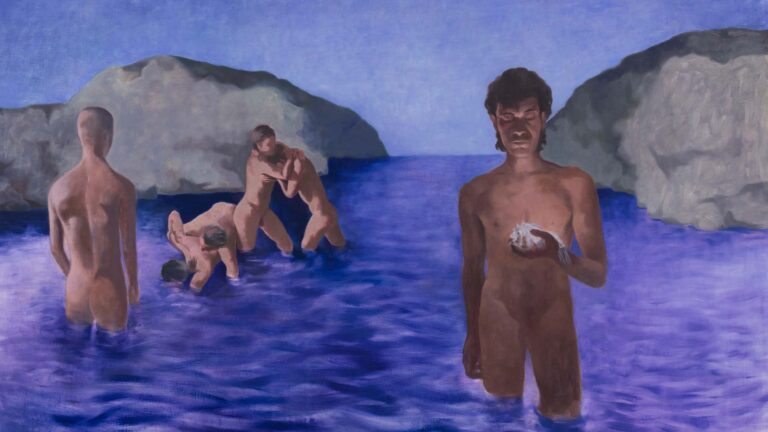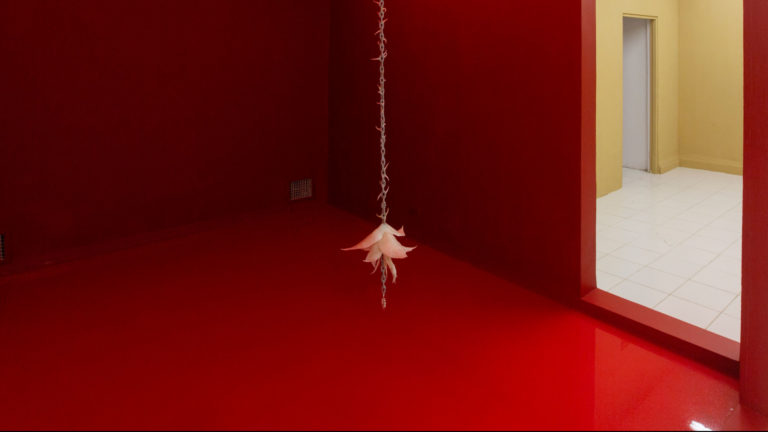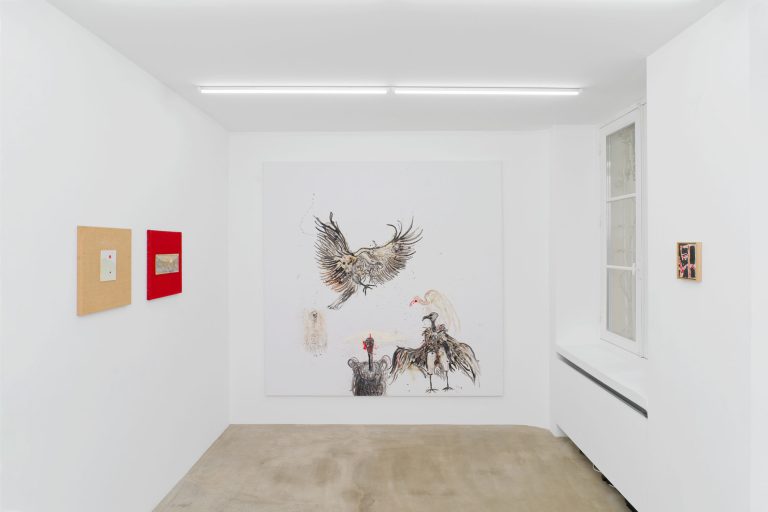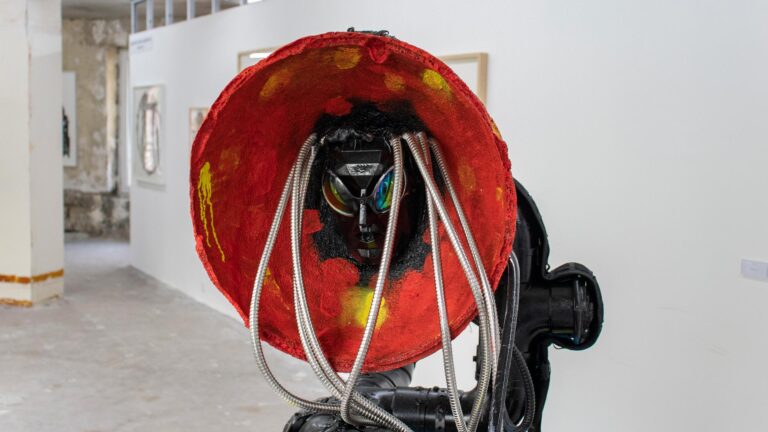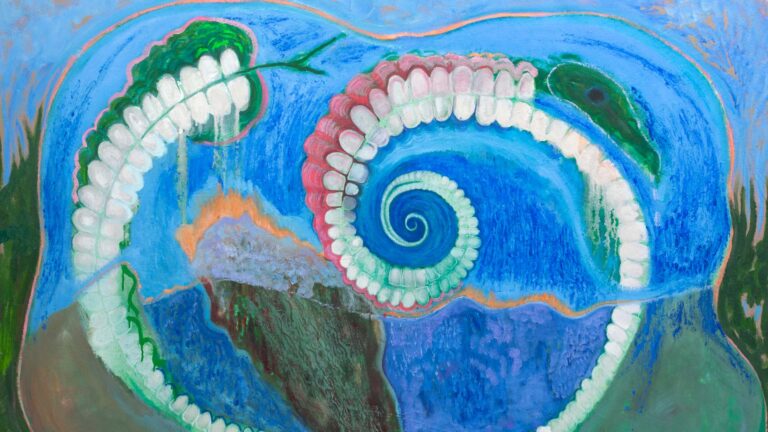Artist: Shpëtim Kërçova, Iva Lulashi, Greta Pllana, Valdrin Thaqi, Brilant Milazimi, Irgin Sena, Idlir Koka, Vangjush Vellahu
Exhibition title: Pleasures
Curated by: Domenico de Chirico
Venue: Bazament, Tirana, Albania
Date: October 12 – December 4, 2022
Photography: all images copyright and courtesy of the artist and Bazament, Tirana
«Death, the most frightening of bad things, is nothing to us; since when we exist, death is not yet present, and when death is present, then we do not exist.»
Beyond magnificent works of art already enshrined, memorable lessons in naturalism, verism, and symbolism, splendid floating classical melodies and eloquent writings with a mellow and winking flavor, what does “pleasure” really mean? Is it perhaps one of the elements that make up what the ancient Greeks called eudemonia? Eudemonia, the Italian equivalent, i.e., happiness according to Hellenic civilization, understood as the foundation of life refers to being in the world in a pleasant and intense state made up of contentment, health, happiness, prosperity, and tension, where well-being becomes the essential value necessary for the positioning of happiness itself. Etymologically, eudemonia is the result of combining “eu,” good, and “daimon,” demon, representing the ultimate goal to strive for. Eudemonia is, therefore, being possessed by the good demon that guides us on a conscious and highly desired long journey of life to discover ourselves and the world and its newness without any fear. Therefore, pleasure, without any doubt, should be experienced empirically without any qualms, in its totality. Such inclusiveness includes, accordingly, the voluptuous ambiguity typical of pleasure as such, poised between good and evil, momentum and danger. Is it not true that the sharpest liminal point of pleasure is made up of both ecstasy and pain?
Based on these premises, PLEASURES, an inclusive group exhibition whose proscenium is entrusted to eight artists, namely: Shpëtim Kërçova, Iva Lulashi, Greta Pllana, Valdrin Thaqi, Brilant Milazimi, Irgin Sena, Idlir Koka, and Vangjush Vellahu, whose syntax is proposed as rich, allusive, musical and strongly expressive, whose dialectic unfolds freely and nimbly between the expected and the unexpected, and whose paradigm unfolds formidably in the words used by Gabriele D’Annunzio in one of his most famous novels, “Il Piacere/Pleasure”.
“He was as it were all imbued with art […]. From his father, he had the cult of things of art, the dispassionate worship of beauty, the paradoxical contempt of prejudices, and the avidity of pleasure. […] From the very beginning he was prodigal of himself; for the great sensory force, with which he was endowed, never tired of providing treasures for his prodigality. But the expansion of that force was in the destruction of another force, of the moral force, which his father himself had no restraint in repressing. […] His father had given him, among others, this fundamental maxim: one must make one’s life a work of art. One must make the life of a man of intellect his work. True superiority is all here. ”
*PLEASURES goes to great lengths to counteract this morality that has always flapped its wings, performing a melody that is unafraid of error and contrariety and which, in the words of Benedetto Croce, turns out to be decided “[…] sensualistic, feral, decadent.” Here they unfold the works that shape this heterogeneous and voluptuous group exhibition, all tending to ecstasy and pain, whose fluid material component yearns for that “daimon” who left the “eu” somewhere in the productive stage and then indulged in a dichotomous dance.

